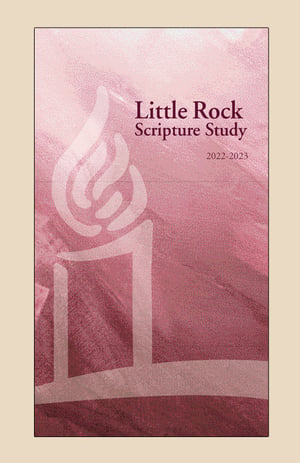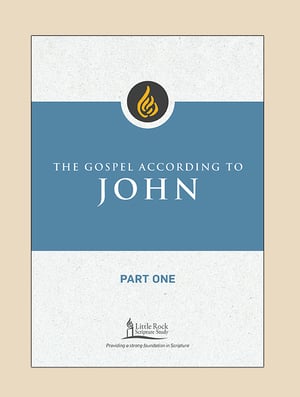Scripture recognizes the value of laughter as a rich part of human experience. Mary Carol Kendzia offers us a brief survey and some uplifting insights on the topic.
The wonderful story of Sarah and the three visitors always brings a smile to my face (Gen 18:9-15). Sarah eavesdrops as Abraham’s guests tell him that he and Sarah will have a child within the year. But Sarah is past childbearing years, and she laughs to herself. Wouldn’t you? And yet nothing is too wonderful for God! A verbal tussle ensues:
The Lord asks Abraham, “Why did Sarah laugh?”
“I didn’t,” she lies.
“Yes, you did,” counters the Lord.
We all know what happens next. Sarah and Abraham do indeed have a son, Isaac, who is the beginning of the fulfillment of God’s promise to Abraham, that God will make him “the father of a multitude of nations” (Gen 17:5).
As important to our mental and physical health as daily exercise, laughter can do much to revitalize our physical selves, relaxing our bodies, easing our minds, and filling our souls with joy. Even in the midst of grief, we may think of a funny thought, an odd occurrence, a coincidence that brings a smile or a gentle laugh. Our sadness is lifted for a moment, even if fleeting and brief. It reminds us that we are alive and that there is joy present even in sorrow.
Life is a constant balance of good and bad, darkness and light, sorrow and joy. Nowhere is this better expressed than in the book of Ecclesiastes: “There is an appointed time for everything . . . / A time to weep, and a time to laugh; / a time to mourn, and a time to dance” (3:1a, 4). Ecclesiastes, one of the Bible’s Wisdom books, also tells us that “there is nothing better for mortals under the sun than to eat and to drink and to be joyful; this will accompany them in their toil through the limited days of life God gives them under the sun” (8:15).
In the Gospels, Jesus promises that laughter will be a part of the fullness of God’s reign: “Blessed are you who are now weeping, for you will laugh” (Luke 6:21). Apart from this reference, Jesus does not directly address laughter. But he often speaks of joy, which is a natural corollary of laughter (e.g., Matt 13:44; 25:21-23; Luke 6:23; John 15:11; 16:20-24; 17:13). In fact, illustrations of Jesus from earliest times rarely show him distressed, except for depictions of the passion. We can well assume from the words of the Gospels that Jesus was a person who both laughed and smiled often as he taught about God’s love, mercy, and compassion for all humankind.
Laughter is a gift from God, a reflection of the joy God desires for us. Sarah was onto something when she laughed at the seeming absurdity that she would bear a child in her old age. While some might interpret Sarah’s laughter as scornful, it can also be read as an indication of wonder, as joyful anticipation. There is hope implicit in her laughter, hope that her longing for a son might be fulfilled, even after all possibility is seemingly gone. And after God’s promise to her was fulfilled, she laughs again, saying, “God has given me cause to laugh, and all who hear of it will laugh with me” (Gen 21:6).
Sarah understood that laughter can connect us to others. We are brought into the circle of God’s relational love and joy through this simple gift and gesture:
Then our mouths were filled with laughter;
our tongues sang for joy.
Then it was said among the nations,
“The Lord had done great things for them” (Ps 126:2).








